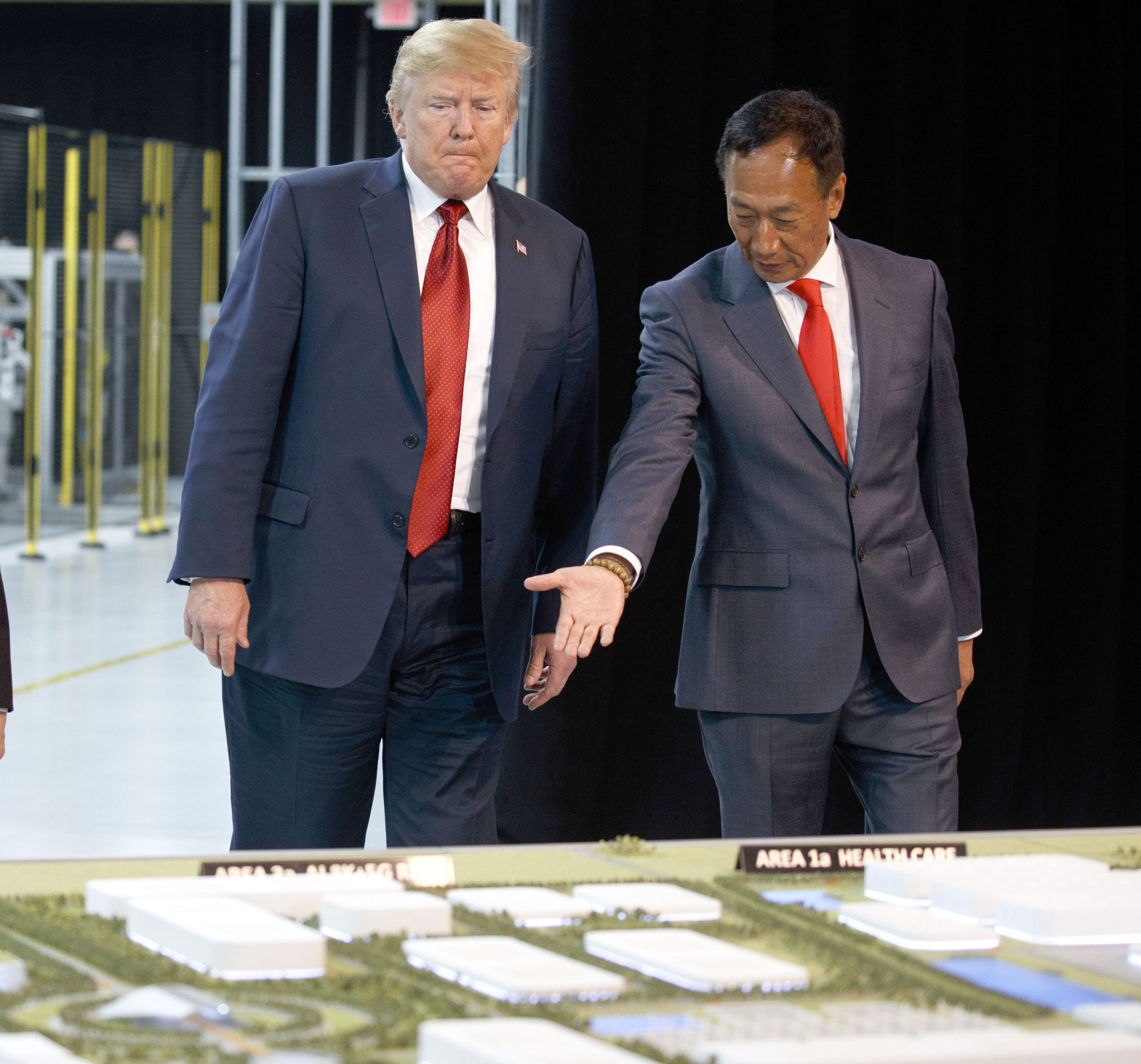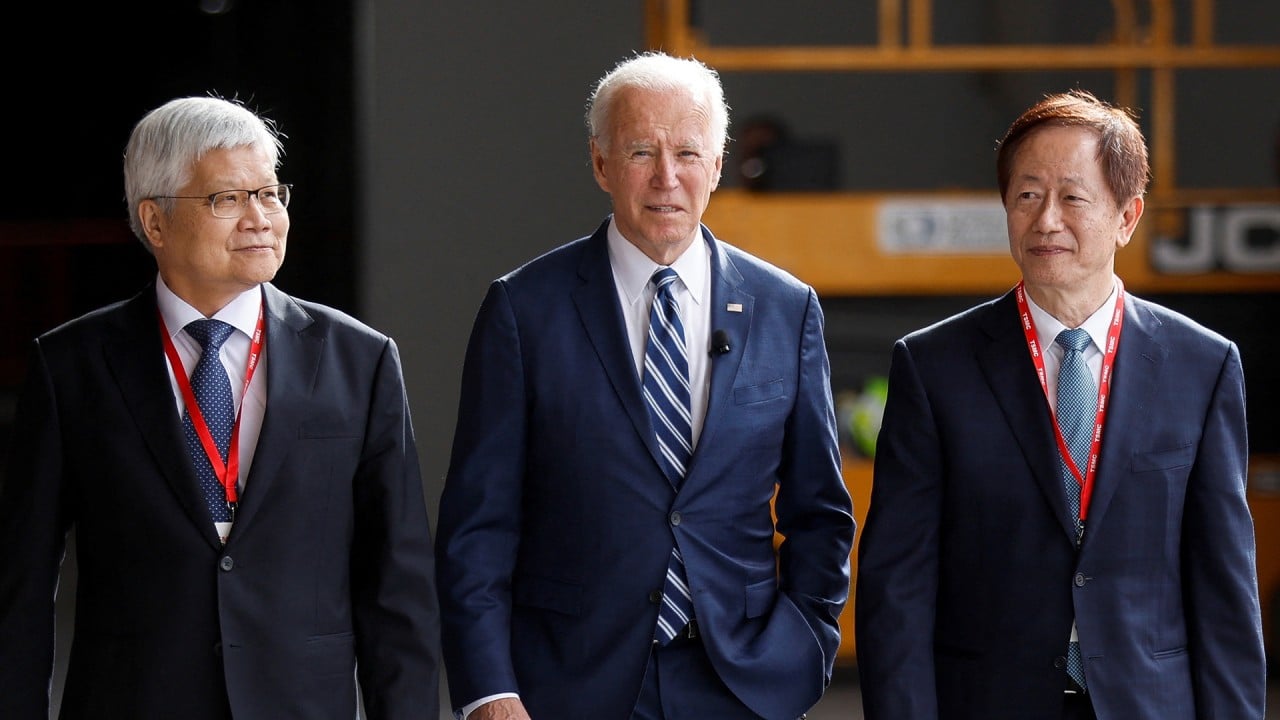TSMC’s Arizona setbacks highlight the costs of prioritising geopolitics – South China Morning Post
TSMC might have heeded the warning of John Tu, president of the world’s largest computer memory module maker, Kingston Technology, which has manufacturing sites in both Taiwan and the US. “Producing chips in the US can be two to three times more expensive when compared to Asia,” Tu told me. “I can think of a dozen other places to make chips before settling on Arizona.”
Supply chains may prove an even more intractable problem for TSMC in Arizona. TSMC has spent over 30 years fostering a network of some 2,500 top-tier suppliers and more than 10,000 secondary suppliers, mostly based in Asia. This is simply not something that can be duplicated overnight.
Normally, a myriad of suppliers – gases, chemicals, waste water treatment, optical and lithography equipment and power generators – are a stone’s throw away from a TSMC production facility. But only a small percentage of the suppliers required have established a presence in Arizona.
Even more incredible is that TSMC will send chips back to Taiwan for packaging, the last and most difficult phase in production. Its unwillingness to spend the billions of dollars required for a packaging facility amounts to a vote of no confidence.
Still another pitfall for TSMC’s prospects in Arizona is the company’s austere work culture. As with many Taiwanese hi-tech companies, its employees stop at nothing to achieve greatness. I have seen TSMC engineers working around the clock and on weekends, sleeping on cots on the factory floor and enduring verbal lashings from management. No one complained.
Not so in Arizona. TSMC employees there have complained of long meetings, 12-hour workdays, weekend duties, months-long overseas trainings and a military-style management culture.
TSMC’s response? “Those who are unwilling to be on duty should not be in the industry,” said chairman Mark Liu. TSMC management and its Arizona employees have a long way to go to close the cultural gap.

Alas, the project ended up being a faint echo of what was advertised. It was stymied by cost overruns, lack of localised supply chains and shortages of engineering and manufacturing talent.
Foxconn cut its investment from US$10 billion to about US$670 million, and pared its expected workforce from 13,000 to 1,500, abandoning the production of displays. The 877 acres once earmarked for a factory complex of 20 million square feet contains just four buildings, one of which can be rented for events.
How the US-China chip war is dismantling Taiwan’s silicon shield
How the US-China chip war is dismantling Taiwan’s silicon shield
While TSMC’s sojourn in the Sonoran Desert is a work in progress, it is not too early to dole out some preliminary grades. The chip maker gets partial credit for good intentions, but deserves an F in business calculus.
Even an economics undergraduate could foresee the near impossibility of revitalising the world’s most complex industry in a nation that all but gave up on chip-making some three decades ago. Throw in the isolated location, higher costs and labour shortages and we have what, in Chang’s words, amounts to “a wasteful and expensive exercise in futility”.
TSMC’s reward for its mind-boggling abandonment of good business sense will be a failed project in Arizona, or at best a drastic underperformance. The larger lesson for companies everywhere is that geopolitics is a terrible way to run a business.
Stanley Chao has worked in China and the Asia-Pacific region for more than two decades and is the author of “Selling to China: A Guide for Small and Medium-Sized Businesses”
Source: News


